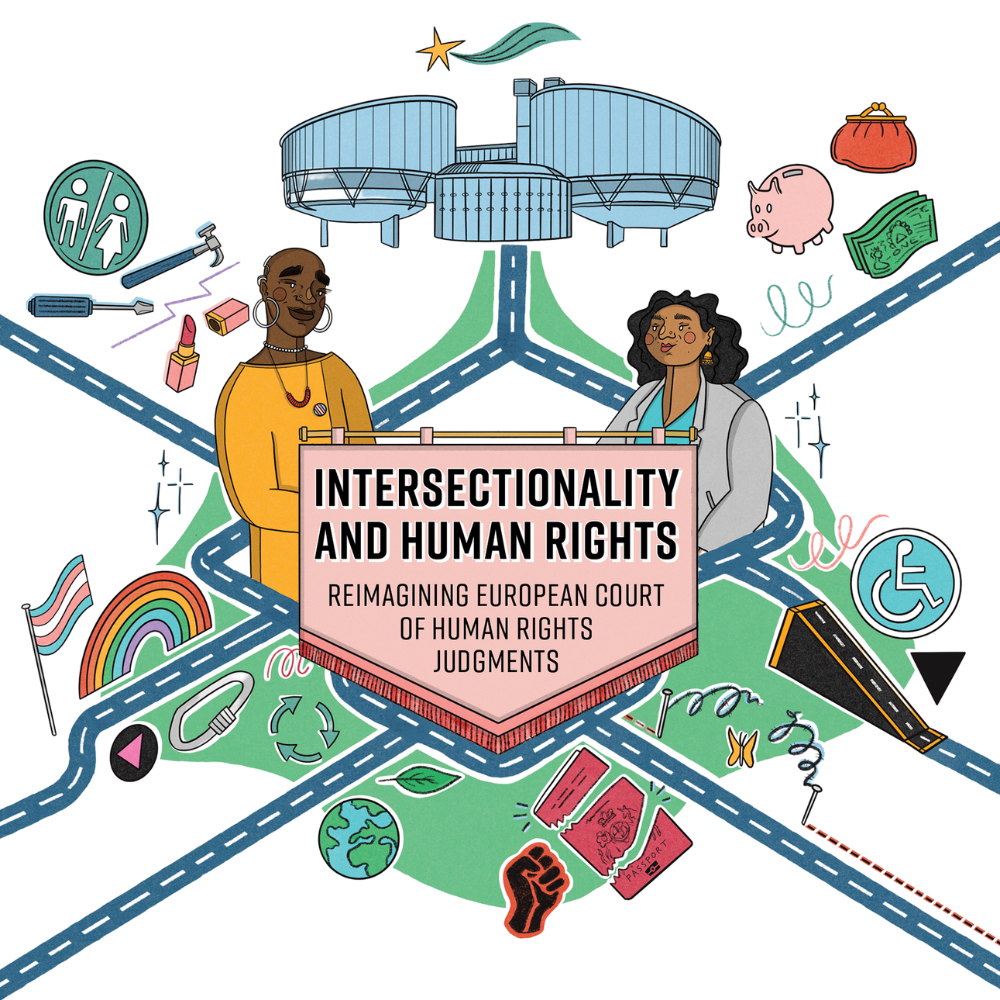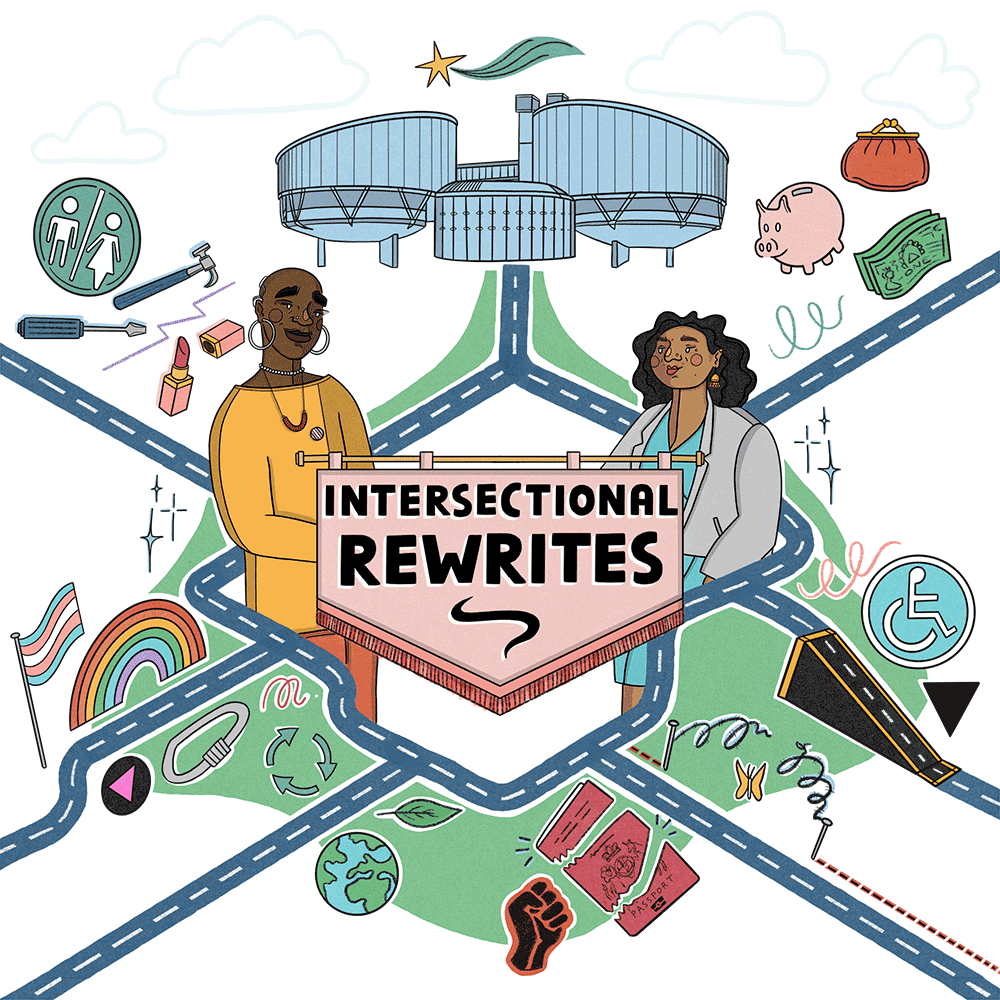Reimagining European Court of Human Rights caselaw from an intersectional perspective
The European Court of Human Rights regularly receives complaints that reflect the complex experiences of people in Europe who are multiply marginalised across intersecting vectors of social division. For example, the Court has decided cases brought by or on behalf of a Black sex worker in Spain who survived police violence meted out with racist, misogynist hate speech; an intellectually disabled HIV-positive Romani child in Romania who died from mistreatment in a psychiatric institution; and a single mother on social assistance in the Netherlands unable to move from one apartment to another in her own poor neighbourhood because of a rule designed to introduce socio-economic diversity. The social, economic, and political conditions of, and events significant to, their lives are best understood as a result of complex mutually influencing factors.
Yet the Court’s response to such complaints fails to recognise the complexity of compounded harm complainants have experienced as a result of multiple and mutually influencing vectors of oppression, often not recognising that their human rights have been violated at all. Briefly put, the Court’s engagement with the concept of intersectionality has been lacking.
Intersectionality, a concept coined by Kimberlé Crenshaw in 1989, building on the work of the Combahee River Collective, Patricia Hill Collins, and others, offers an analytical frame to understand that social conditions and social problems that people face are shaped by multiple and mutually influencing vectors of social division such as gender, sexuality, race, ethnicity, class, ability, religion, and nationality. It is effective in making harms, rights violations, and injustices experienced by multiply marginalised people visible and legible in legal analyses by showing how multiple vectors combine to impact the oppression they face.
Inspired by this framework, the book “Intersectionality and Human Rights: Reimagining European Court of Human Rights Judgments “ envisions a jurisprudence that can respond to intersecting forms of oppression, discrimination, and other human rights harms. This book gathers 12 recent judgments from the Court, rewritten by activists, practitioners, and academics through the lens of intersectionality. These rewrites illustrate that people with intersecting identities experience discrimination not as an additive phenomenon, but in a complex form only comprehensible through a careful examination of their lived experience.

“Intersectionality and Human Rights: Reimagining European Court of Human Rights Judgments“ is an independent book project, led by co-editors Nani Jansen Reventlow, Eddie Bruce-Jones, Lyn K.L. Tjon Soei Len, and Adam Weiss.
The project is fiscally hosted by Systemic Justice, and logistically supported by the International Institute of Social Studies of Erasmus University Rotterdam (Hague Campus) through our mutual participation within the Legal Mobilization Platform. The project is financially supported by the Robert Bosch Stiftung.
Artwork for the project is by Tamara-Jade Kaz.
If you would like to support the project or get involved in any way, please get in touch.

“Intersectional Rewrites: European Court of Human Rights Judgments Reimagined” is an independent book project, led by co-editors Nani Jansen Reventlow, Eddie Bruce-Jones, Lyn K.L. Tjon Soei Len, and Adam Weiss.
The project is fiscally hosted by Systemic Justice, and logistically supported by the International Institute of Social Studies of Erasmus University Rotterdam (Hague Campus) through our mutual participation within the Legal Mobilization Platform. The project is financially supported by the Robert Bosch Stiftung.
Artwork for the project is by Tamara-Jade Kaz.
If you would like to support the project or get involved in any way, please get in touch.
